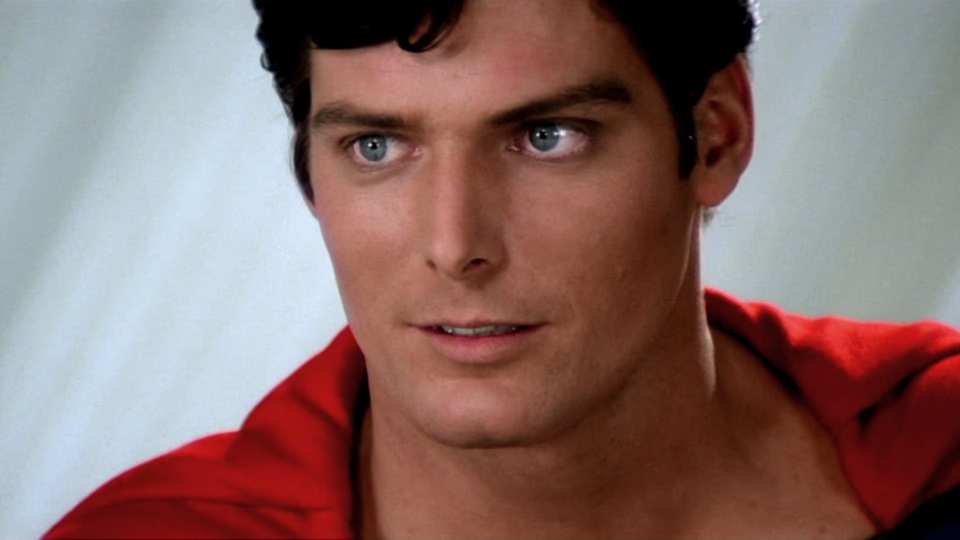Superman II: The Richard Donner Cut

Christopher Reeve returns as Superman, who forsakes his powers for a human life with Lois, played again by Margot Kidder, only to face a threat from three Kryptonian criminals led by Terrance Stamp as the menacing General Zod.
Before we get into the review, an abbreviated history of the film’s production.
Producers Alexander and Ilya Salkind sought to save money by filming both Superman and Superman II as one production.
Principal photography began in March 1977 and relations between director Richard Donner and the Salkinds soured at once.
In July 1977, the Salkinds hired Richard Lester as an associate producer and intermediary between themselves and Donner, with whom they were no longer on speaking terms. Donner and Lester established an effective partnership and Lester assumed second unit director responsibilities.
By October 1977, some principals—including Gene Hackman as Lex Luthor—had finished their scenes and exited the production. At this point, with about seventy percent of Superman II filmed, the Salkinds elected to pause filming of part two and focus on completing part one.
In December 1978, Warner Bros released Superman. Two days later, Marlon Brando sued the producers, claiming he hadn’t received his cut of the gross. The producers responded by cutting his already filmed scenes from part two and declaring he’d been removed for “creative differences.”
Filming for Superman II resumed in September 1979, with Lester in the director’s chair. Cutting Brando’s scenes necessitated reshooting several sequences, but with Hackman and several other actors unavailable, Lester had to use some of Donner’s now two-year-old footage. This caused blatant continuity errors in Lester’s version, such as Reeve’s muscularity and Kidder’s makeup and hair varying between shots in the same scene.
And then there was the ending problem. Part two’s original ending called for Superman to reverse time by flying around the world backward, a form of “meddling in human history” his father had always cautioned him against, but it served as a perfect bookend to Superman’s arc, as he does it for unselfish reasons.
But the decision to focus on the first film included changing its ending from a cliffhanger to the part two’s time-travel one. This left Lester without an ending for the sequel, and no reset button for Lois knowing Superman’s identity. Enter the groan-inducing magic kiss.
Fast-forward twenty-six years, and Donner’s original vision, or at least something close, sees daylight. It clocks in eleven minutes shorter, features a new score that recycles John William’s cues from part one, and incorporates some elements shot by Lester and some culled from Reeve’s and Kidder’s screen tests.
While it still suffers from tonal imbalances and a muddled script, Donner’s version proves superior to Lester’s in both reach and grasp.
Lester’s version emphasises pratfalls and comedy and lacks any sense of a bigger arc. But Donner’s version, viewed together with part one as a single origin story, proffers a mythic tale of a God growing amongst mortals, striving to live up to his father’s ideals, and struggling with the sacrifices those ideals entail. Lester’s version feels more like a Superman story than a story about Superman.
This proves evident in the details. Donner’s version has Superman free Zod and his cohorts by diverting the missile at the end of part one. Lester’s version has Zod and company freed by terrorists. Donner’s version sees Lois deduce Superman’s identity and trick him into revealing it. Lester’s version has Clark give himself away through bumbling ineptitude.
Donner doesn’t get a free pass. Hackman’s Luthor is still a cartoon villain extraneous to the plot. To differentiate cartoon from comic-book, one need only compare Hackman’s Luthor to Stamp’s Zod. One proves a running gag, the other a monster.
And while Donner may regard Superman as a mythic character, he still misses an essential part of the character’s makeup—his grit. Superman may be a God amongst men, but he grew up a farm boy with a strong work ethic. Both versions paint him as ineffectual without his powers, and even with his powers, unable to tackle an equal power antagonist.
Still, this gets my vote for the best Superman film to date.